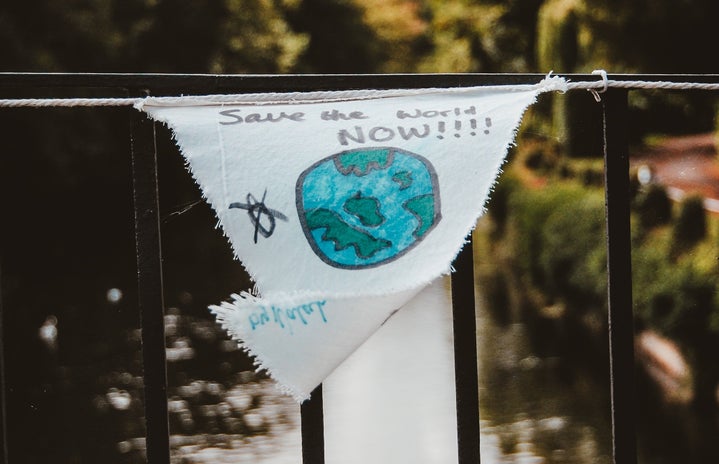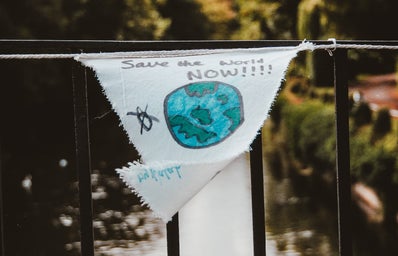.Photos: Flickr Lorie Shaull
In the wake of the Stoneman Douglas High School shooting in Parkland, alarming numbers have been thrown around on social media regarding school shootings in the United States. From Facebook to Twitter to Instagram, the tally of 18 school shootings has sparked indignation and mass upset in the nation.
USA Today, MSNBC, CBS, ABC and NBC have all reported that there have been 18 school shootings so far in 2018 based on data compiled by the lobbyist group Everytown for Gun Safety. But what we as media consuming individuals are lacking the most basic skills of media literacy. We are failing to ask who is Everytown for Gun Safety and what is its definition of a school shooting?
According to their website, Everytown for Gun Safety is a lobbyist group that works to “end gun violence and build safer communities.” Founded in 2014 by combining “Mayors Against Illegal Guns” and “Moms Demand Action for Gun Sense in America,” the organization has a tendency to post its inflated figures and triggering statements close to fatal shooting events. Obviously, this organization has a bias that needs to be considered.
Many of us may associate the phrase “school shooting” with a Columbine-style event, so when we hear the alarming tally of 18 incidents, our emotions quickly take up arms. However, coming to a common definition of a school shooting is difficult. The Encyclopedia Britannica defines a school shooting as “an event in which a student at an educational facility—namely, elementary, middle, junior, and high schools as well as colleges and universities—shoots and injures or kills at least one other student or faculty member at school.”
However, in Everytown for Gun Safety’s tally, two were suicides in which one was near a school that had been closed for seven months, three involved the accidental firing of a weapon, and eight did not result in injuries. Only seven occurred during school hours, according to David Emery. The tally Everytown for Gun Safety has published is affiliated with a definition of school shootings as incidents in which a gun was fired on/near school grounds.
So how does this relate to media literacy? Media literacy does not just involve the ability to read the media. It comprises many skills that are necessary to analyze and evaluate media, such as critical thinking, understanding the impact on society, and recognizing bias. When we jump to conclusions at the first read, we are disregarding these three techniques of media literacy.
We are failing to fact check, question the credibility of sources, and so much more because of our numbness to social media due to overexposure. We need to become more aware and critical of the information we are being fed before the conversation shifts to arming teachers or gun reform. Just then will we find solutions.



